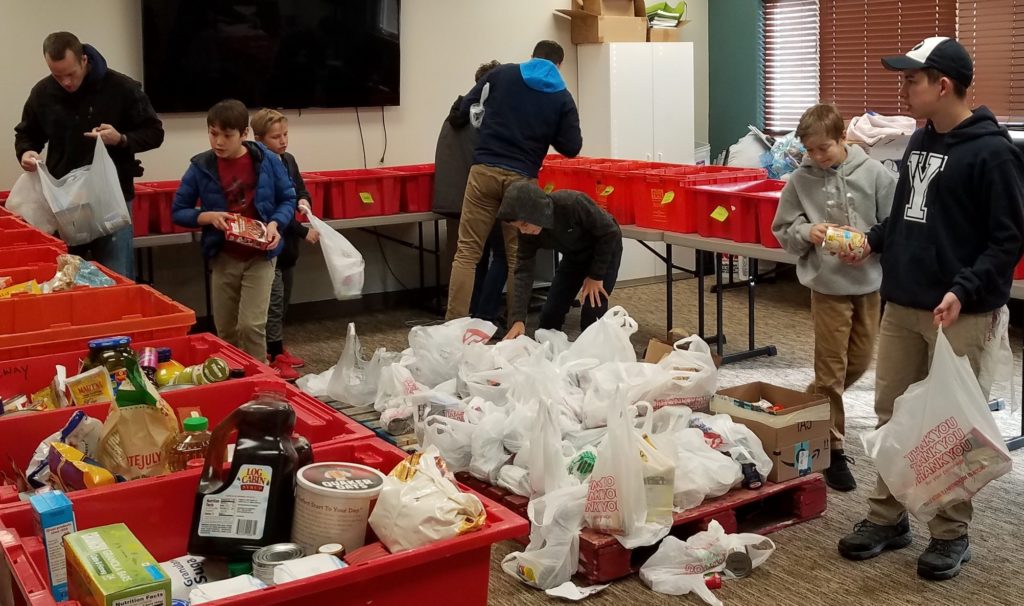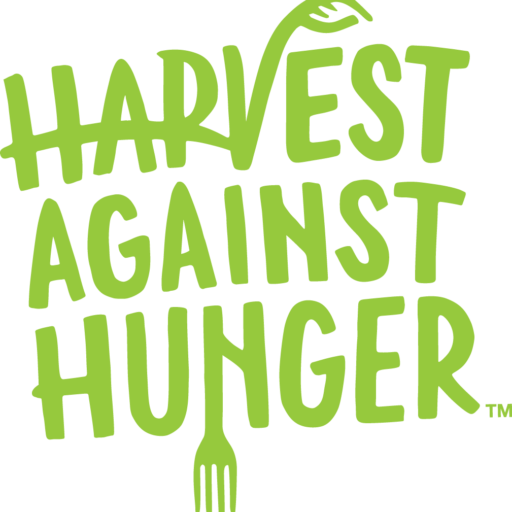How Can We Help?
Donor Relations at the Community Action Center

Donor Relations
Considering the difference of the Palouse Tables Project and the Community Educator Program to the more usual work of the HAH VISTA, donor relations amongst growers, farmers, and gardeners were not explored. Donations to the Community Educator program often came through Backyard Harvest and 2nd Harvest who donated produce that was used in most of the cooking demonstrations. Donations for the gardening demonstrations came through SYG Nursery, the local Walmart and the Koppel Community Garden in the form of seeds, soil, and gardening tools.
Donor relations in the form of funding and grants were managed by the program director. This program and the extra supplies needed for projects were made possible by donations and grants from the Women’s Guild of the Pullman Regional Hospital. Donors are recognized for their contributions and are able to follow the impact of their contributions through the Community Action Center website. The Pullman Community Update is another resource that local non-profits like the Community Action Center uses to inform fellow-board members and community members about the work being done in the community. This board of the Community Action Center helps keep donors engaged as they can track the progress of projects and the specific ways that their donation is being utilized within their board reports. Some grants require this type of update as a means of verifying the use of funds awarded and the director of the Community Food department is responsible for these updates and other requirements set by the granting agency.
Growers and gardeners on the Palouse are invited to the volunteer appreciation celebration in October. This includes local gardeners who have participated in the Harvest Share program and also members of the Koppel Community Garden and local school gardens. The Harvest Share is a group of local gardeners who donate their produce and meet up once a month during the summer to share produce and swap gardening knowledge. The CAC grows produce for their food bank at the Koppel Community Garden and the Community Food department has been involved in helping local school plan and cultivate their own school garden space. Where community gardens are successful, people appreciate the fresh food that comes about and the surplus of the harvest. The Community Food department is also working on a food preservation program to learn how to dehydrate and can ripe produce so that is doesn’t get wasted. Once the Community Food department is able to properly learn how to preserve food, this knowledge can be passed along to food bank clients in the form of cooking classes and demos.
Communities without a community garden often express the desire for one or the failings of previous attempts to establish one. Where gardens have failed, it is often due to the lack of volunteers needed to plant, weed, water, or harvest, especially during the summer or growing season. Another critique of community gardens is that water can be expensive on the Palouse which makes it difficult to upkeep. Where community gardens are successful, people appreciate the fresh food that comes about and the surplus of the harvest. Through interacting with local growers and gardeners, the Palouse Tables Project has identified solutions and perhaps future VISTA work, funding, time, and other resources can help ameliorate issues mentioned.


